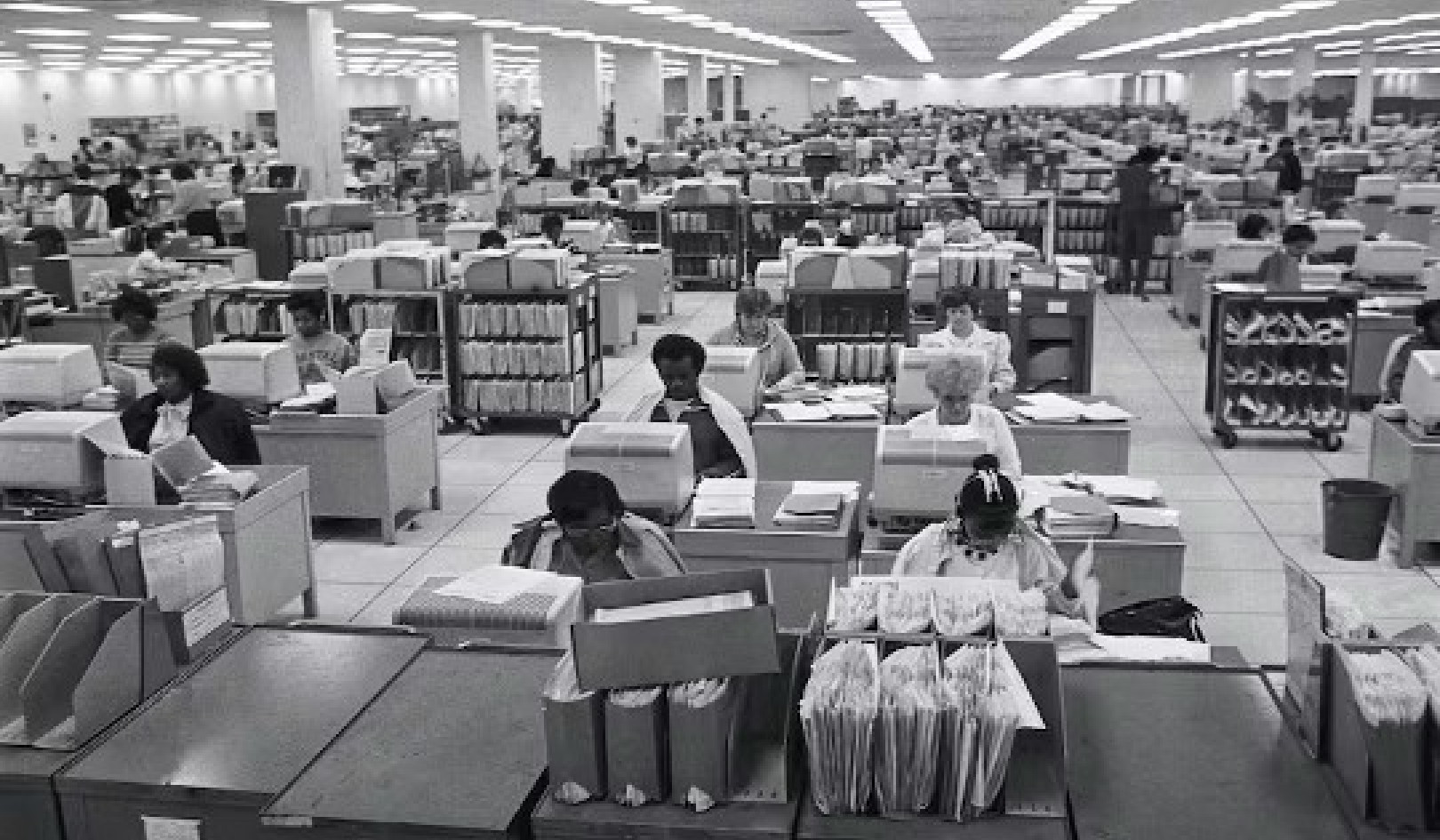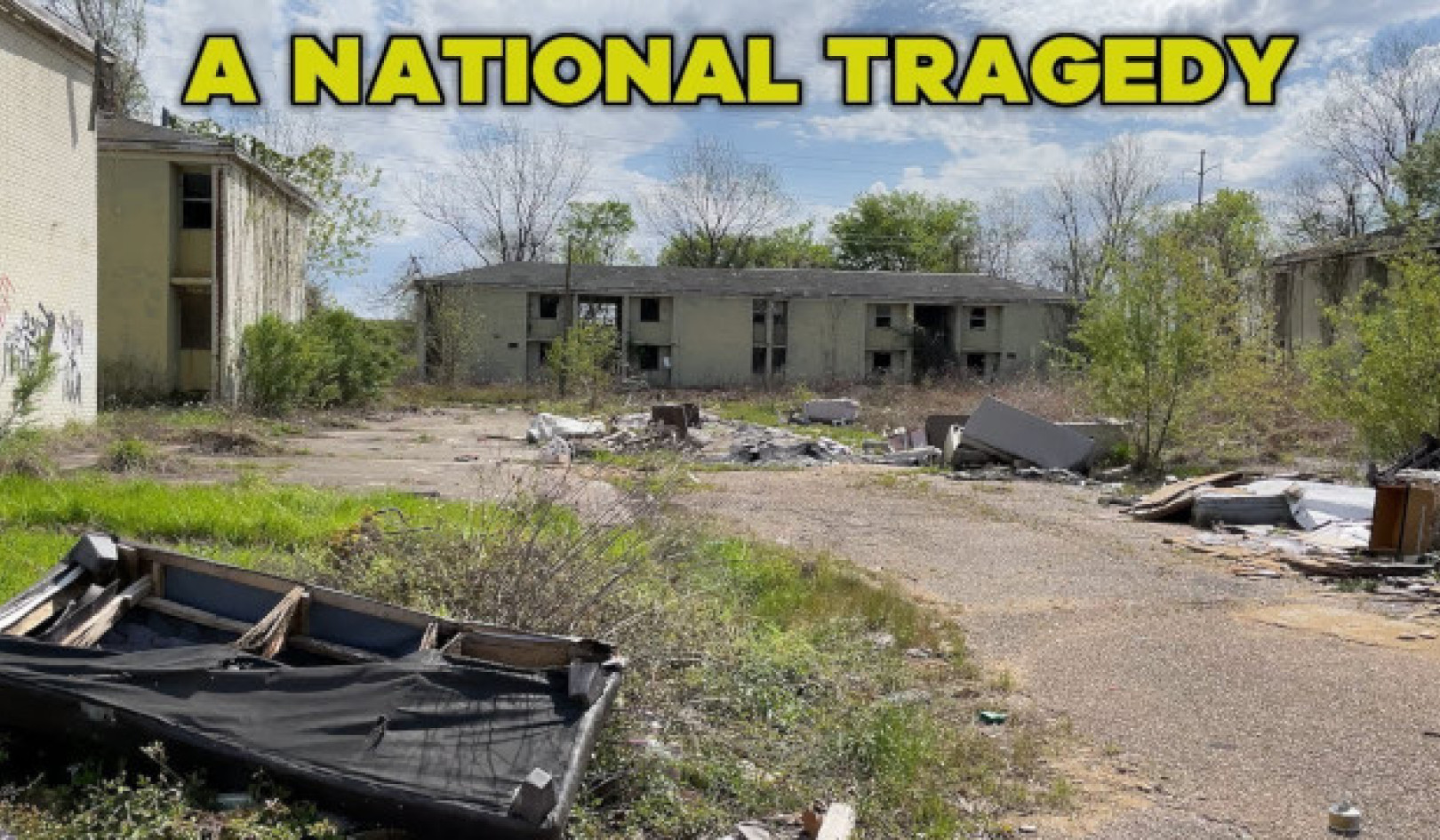 Nothing to roast about. Quiony Navarro
Nothing to roast about. Quiony Navarro
I am a third-generation member of a farming family in Honduras. I fondly remember getting up before dawn every day and riding several miles on the back of a mule to join in the family coffee harvest.
You get involved in everything from tasting the coffee berries to see if they are ready, to picking and preparing them for drying in the sun. Every family has its own recipe for a final product: in our case, we would harvest cinnamon bark from trees on the farm and blend it with the ground beans.
My family is one of thousands that provide the world with its daily dose of caffeine by supplying beans with all their distinctive flavours to roasters and baristas everywhere. In normal times, around 2 billion cups of coffee are consumed worldwide every day.
But the coffee business has been hit hard by COVID-19 – particularly producers like my family who are dedicated to cultivating high-quality coffee for export. They are not used to selling coffee within the country and are not diversified into other agricultural products. Due to the pandemic, the government has imposed restrictions that have prevented millions of sacks of coffee from being exported.
Honduras is the sixth-largest coffee producer in the world, and several growers have achieved record prices in international coffee auctions in the past decade, and awards for the quality of their coffee. This has helped coffee-farming families to develop solid commercial relationships with buyers large and small.
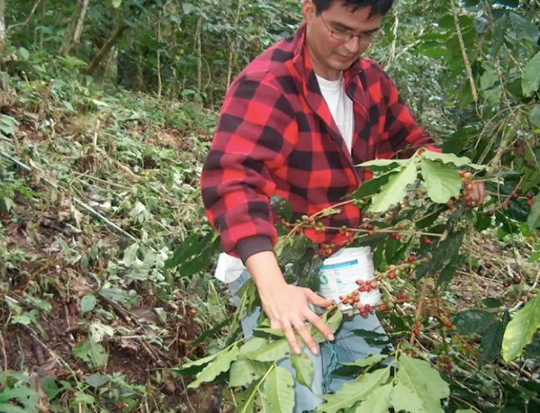 Allan Discua-Cruz working on the family coffee farm. Allan Discua Cruz
Allan Discua-Cruz working on the family coffee farm. Allan Discua Cruz
I contacted coffee-producing families in different areas of Honduras to talk about how they are getting by. They were experiencing unprecedented business disruption. Many farmers have seen their incomes swept away, and are having to dig deep to survive. Yet I was surprised at the resilience being shown by the people I talked to. Here are some of their stories:
Café Aruco: the cooperative
Donaldo Gonzalez is the general manager of Café Aruco, a large coffee cooperative of over 200 farmers in the north-west of Honduras:
We had just finished collecting the coffee harvest in the early months of 2020 and our main warehouse was full. Last year we exported coffee to seven countries. We sent about 40,000 sacks and we were looking to send a similar or higher quantity this year.
Most of our harvest was ready to be packed and shipped. The contracts were already signed for our coffee to go the UK, the US and other international destinations. But suddenly, everything had to stop. It was surreal when we received telephone calls from our international buyers saying we could not ship our products because they would not be offloaded.
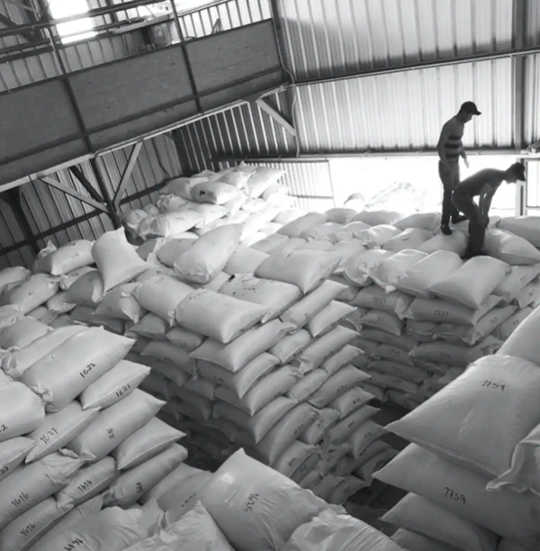 Fully stocked: the Café Aruco warehouse. Allan Discua Cruz
Fully stocked: the Café Aruco warehouse. Allan Discua Cruz
Forced to cease trading and stay at home, Donaldo has been planting coffee trees with his children in the family farm. He has been them “tricks of the trade” that were handed down to him and sharing the stories of previous generations – the sort of thing for which time is normally very limited in farmers’ incredibly long days.
He said the lockdown has been a chance for him and other busy farmers in the cooperative to reconnect with colleagues by phone. They have shared ideas about adapting their processes to prevent the spread of the virus.
They have been discussing ways of maximising what they can sell locally – admittedly a much smaller market than export. This has flowed from efforts to help the country during the crisis, for example by giving coffee to local hospitals. Farmers in the cooperative are thinking about how to attract Hondurans from towns and cities to come and experience their coffee in its rural setting.
Our customers overseas are waiting to have our product in their shops and we are just waiting for the lockdown to be lifted. This crisis has allowed us to rethink how we can do business.
Café Papatoño: the family business
Leonardo Borjas is a third-generation member of a coffee-producing family in the south-east of the country. The family farms various other products, including livestock, and several years ago asked Leonardo to use his skills as an agricultural engineer to develop their coffee crop as a high-quality export.
In 2018 he introduced a range of gourmet roasted coffee products under the Café Papatoño brand, named after his grandfather, and started a high-end coffee shop under the same label. He told me:
As lockdown started we were facing challenging times. People would not be able to visit and purchase our products. We could not export anywhere. Also, international coffee prices remained low compared to previous years.
I have two choices. Either I allow this crisis to break me or it will allow me to break records. People in Honduras want coffee during the crisis. For some people coffee, is an affordable luxury. They are demanding coffee beans to grind at home or a good cup from our shop during lockdown.
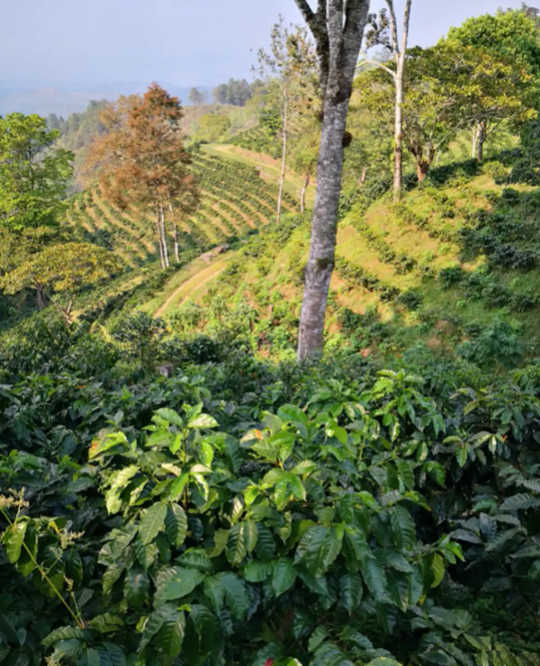 The Borjas plantation. Allan Discua Cruz
The Borjas plantation. Allan Discua Cruz
Leonardo described how he has introduced changes such as backpacks so that motorcyclists can deliver his product to people’s doors, and a system to allow people to pay for coffee in rural areas by phone.
He is now struggling to cope with local demand, having seen that customers are choosing his coffee over alternatives from popular chains. It’s a big contrast to the warnings friends gave him in 2018 that he would have a hard time convincing people to pay extra.
He believes that customers are buying his coffee both because of its quality and because he’s now communicating its values and heritage in the packaging. As he puts it, “quality speaks for itself, and in times of crisis that voice is louder”.
As international customers remain on standby during the crisis, coffee-farming families that have invested in improving coffee quality and communicating their story effectively will hopefully re-emerge stronger when demand returns.![]()
About The Author
Allan Discua-Cruz, Senior Lecturer in Entrepreneurship, Lancaster University
This article is republished from The Conversation under a Creative Commons license. Read the original article.
Recommended books:
Capital in the Twenty-First Century
by Thomas Piketty. (Translated by Arthur Goldhammer)
 In Capital in the Twenty-First Century, Thomas Piketty analyzes a unique collection of data from twenty countries, ranging as far back as the eighteenth century, to uncover key economic and social patterns. But economic trends are not acts of God. Political action has curbed dangerous inequalities in the past, says Thomas Piketty, and may do so again. A work of extraordinary ambition, originality, and rigor, Capital in the Twenty-First Century reorients our understanding of economic history and confronts us with sobering lessons for today. His findings will transform debate and set the agenda for the next generation of thought about wealth and inequality.
In Capital in the Twenty-First Century, Thomas Piketty analyzes a unique collection of data from twenty countries, ranging as far back as the eighteenth century, to uncover key economic and social patterns. But economic trends are not acts of God. Political action has curbed dangerous inequalities in the past, says Thomas Piketty, and may do so again. A work of extraordinary ambition, originality, and rigor, Capital in the Twenty-First Century reorients our understanding of economic history and confronts us with sobering lessons for today. His findings will transform debate and set the agenda for the next generation of thought about wealth and inequality.
Click here for more info and/or to order this book on Amazon.
Nature's Fortune: How Business and Society Thrive by Investing in Nature
by Mark R. Tercek and Jonathan S. Adams.
 What is nature worth? The answer to this question—which traditionally has been framed in environmental terms—is revolutionizing the way we do business. In Nature’s Fortune, Mark Tercek, CEO of The Nature Conservancy and former investment banker, and science writer Jonathan Adams argue that nature is not only the foundation of human well-being, but also the smartest commercial investment any business or government can make. The forests, floodplains, and oyster reefs often seen simply as raw materials or as obstacles to be cleared in the name of progress are, in fact as important to our future prosperity as technology or law or business innovation. Nature’s Fortune offers an essential guide to the world’s economic—and environmental—well-being.
What is nature worth? The answer to this question—which traditionally has been framed in environmental terms—is revolutionizing the way we do business. In Nature’s Fortune, Mark Tercek, CEO of The Nature Conservancy and former investment banker, and science writer Jonathan Adams argue that nature is not only the foundation of human well-being, but also the smartest commercial investment any business or government can make. The forests, floodplains, and oyster reefs often seen simply as raw materials or as obstacles to be cleared in the name of progress are, in fact as important to our future prosperity as technology or law or business innovation. Nature’s Fortune offers an essential guide to the world’s economic—and environmental—well-being.
Click here for more info and/or to order this book on Amazon.
Beyond Outrage: What has gone wrong with our economy and our democracy, and how to fix it -- by Robert B. Reich
 In this timely book, Robert B. Reich argues that nothing good happens in Washington unless citizens are energized and organized to make sure Washington acts in the public good. The first step is to see the big picture. Beyond Outrage connects the dots, showing why the increasing share of income and wealth going to the top has hobbled jobs and growth for everyone else, undermining our democracy; caused Americans to become increasingly cynical about public life; and turned many Americans against one another. He also explains why the proposals of the “regressive right” are dead wrong and provides a clear roadmap of what must be done instead. Here’s a plan for action for everyone who cares about the future of America.
In this timely book, Robert B. Reich argues that nothing good happens in Washington unless citizens are energized and organized to make sure Washington acts in the public good. The first step is to see the big picture. Beyond Outrage connects the dots, showing why the increasing share of income and wealth going to the top has hobbled jobs and growth for everyone else, undermining our democracy; caused Americans to become increasingly cynical about public life; and turned many Americans against one another. He also explains why the proposals of the “regressive right” are dead wrong and provides a clear roadmap of what must be done instead. Here’s a plan for action for everyone who cares about the future of America.
Click here for more info or to order this book on Amazon.
This Changes Everything: Occupy Wall Street and the 99% Movement
by Sarah van Gelder and staff of YES! Magazine.
 This Changes Everything shows how the Occupy movement is shifting the way people view themselves and the world, the kind of society they believe is possible, and their own involvement in creating a society that works for the 99% rather than just the 1%. Attempts to pigeonhole this decentralized, fast-evolving movement have led to confusion and misperception. In this volume, the editors of YES! Magazine bring together voices from inside and outside the protests to convey the issues, possibilities, and personalities associated with the Occupy Wall Street movement. This book features contributions from Naomi Klein, David Korten, Rebecca Solnit, Ralph Nader, and others, as well as Occupy activists who were there from the beginning.
This Changes Everything shows how the Occupy movement is shifting the way people view themselves and the world, the kind of society they believe is possible, and their own involvement in creating a society that works for the 99% rather than just the 1%. Attempts to pigeonhole this decentralized, fast-evolving movement have led to confusion and misperception. In this volume, the editors of YES! Magazine bring together voices from inside and outside the protests to convey the issues, possibilities, and personalities associated with the Occupy Wall Street movement. This book features contributions from Naomi Klein, David Korten, Rebecca Solnit, Ralph Nader, and others, as well as Occupy activists who were there from the beginning.
Click here for more info and/or to order this book on Amazon.





















